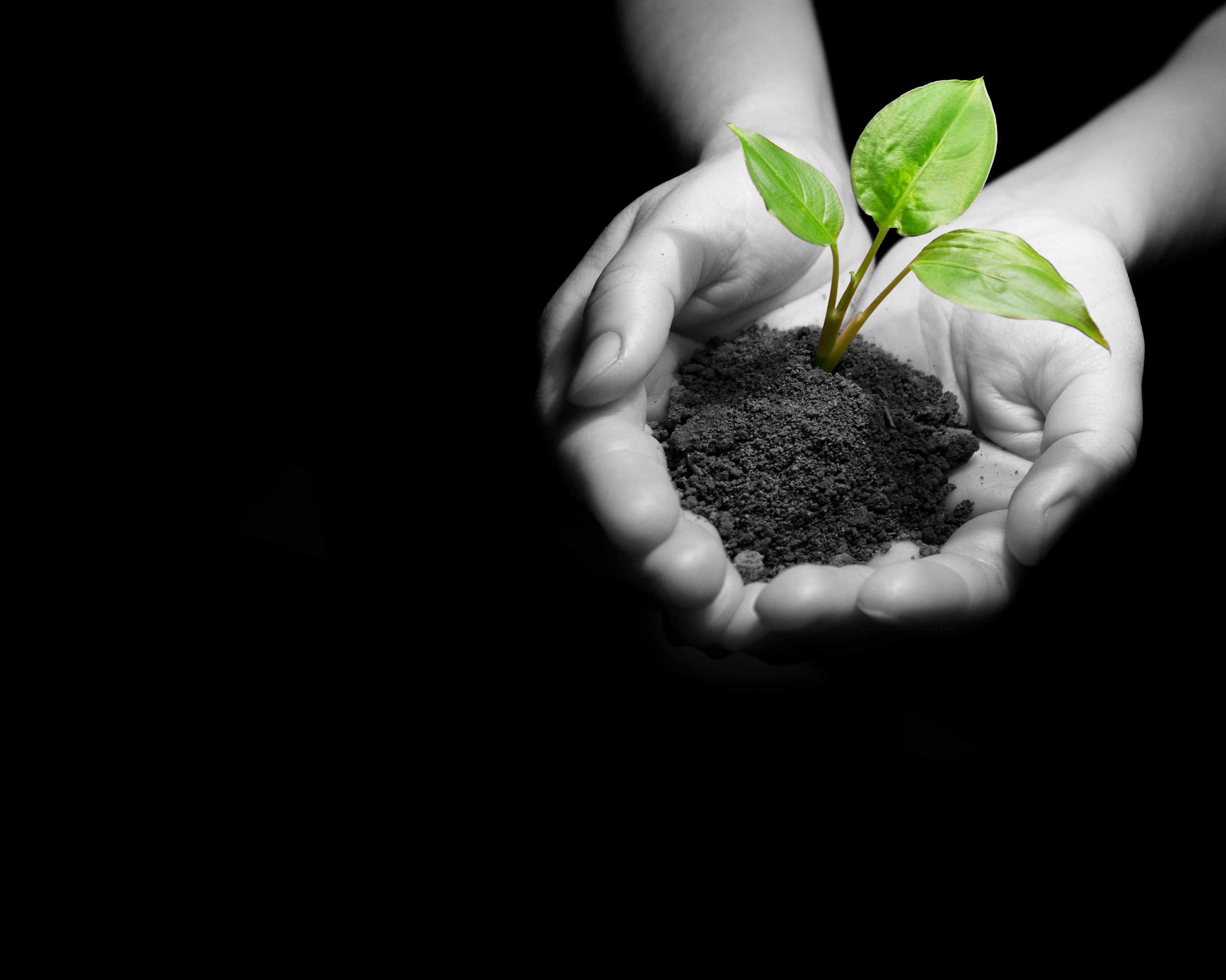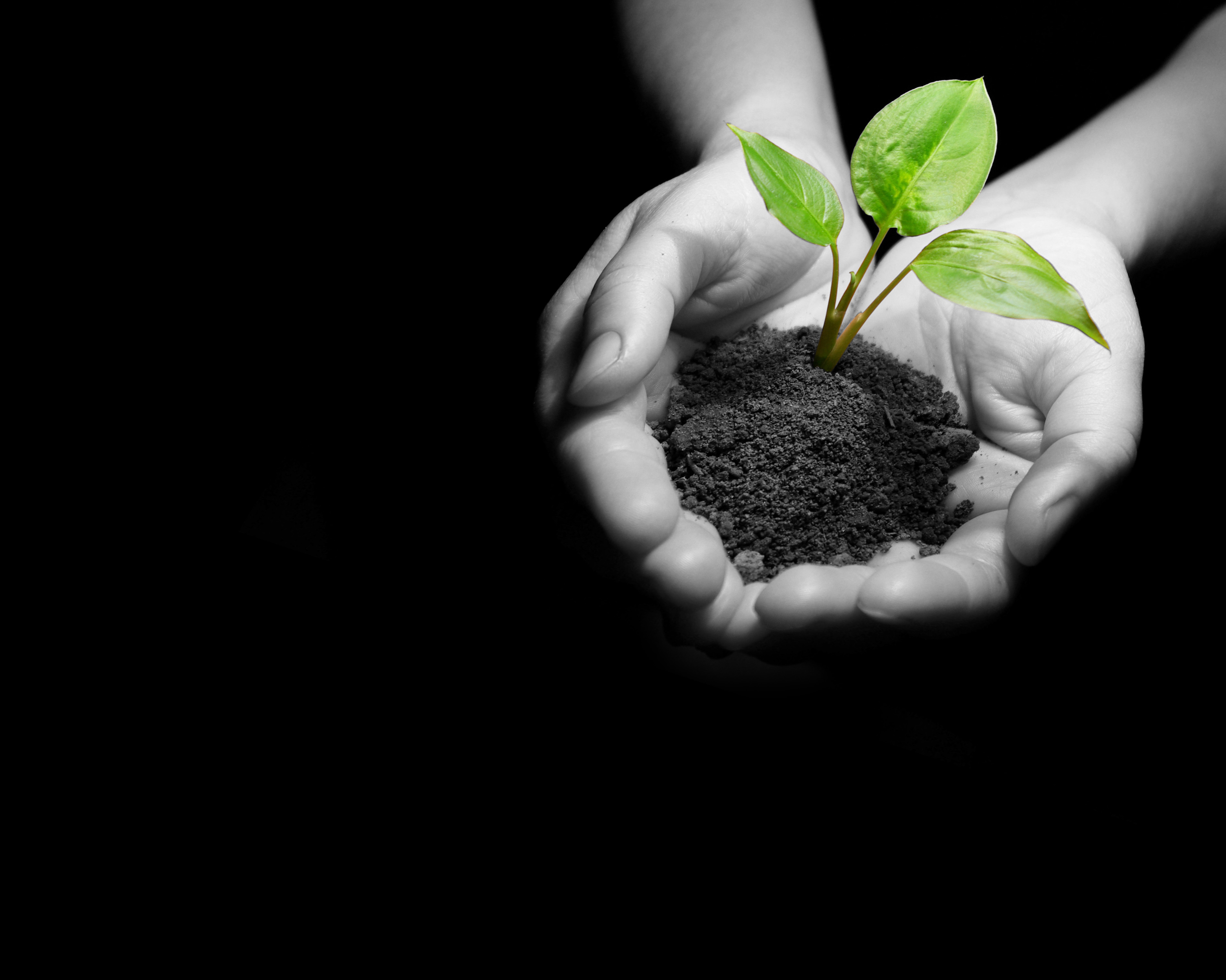Dr. Joy Erlichman Miller, psychotherapist and author, Describes how nothing, not even the Holocaust has prepared for COVID-19

The reoccurring nightmare held my greatest fear. Without warning, there would be a horrific period in time when I would be compelled to face adversity like those who endured the Holocaust. My survival would mandate that I utilized my abilities and skills to cope and survive. But would I survive, or would I be emotional devoid of what it would take to endure?
Not surprisingly, those nightmares led me to my doctoral dissertation focusing on the coping strategies of women interned in Auschwitz. Mistakenly, I believed that my understanding of how someone could cope with massive trauma, would prepare me for any unprecedented horror. But, no one was prepared for the COVID-19 pandemic.
Trauma & Coping Strategies
Some of the most compelling research indicates that people experiencing massive trauma such as the pandemic, utilize use two coping strategies: problem-focused coping and/or emotion-focused coping. Typically, when we experience low levels of stress we use the former problem-focused strategies. This coping pushes us to create methods or strategies to adapt to a situation or manipulate the situation. We use this technique to create a positive change in a situation. For instance, in the case of COVID-19, many of us ran feverishly to grocery stories and big box warehouses to gather supplies so we would be prepared. Others prepared themselves with means of protection for survival. Others would try to change their world around them with inspiration and personal empowerment, while others would develop criteria of social distancing to eliminate the potential enemy. These are all “active” processes of doing something (problem-focused coping) to create change during massive trauma. These short-termed solutions helped us feel a little safer, less vulnerable, and more in control for a little moment in time.
Sometimes, we have few options or ways to change the situation through problem-focused coping, so we must use a different strategy in an effort to cope. When we face situations where we have limited options for change, we tend to use emotion-focused strategies to cope with the adversity. These types of coping include methods such as avoiding, distancing, numbing, hope, prayer, connections with others, love, etc. For instance, research indicated that women in the Auschwitz Concentration Camp used emotion-focused strategy for coping. The key mechanisms for coping were: utilizing connection with others (caring for another person, thoughts of returning home to a loved one, connection to memories of love) as well as through techniques such as hope.
Throughout history, women have utilized connections and building relationships as one of their primary strategy for coping. We reach out to friends, we share feelings, we hug, we create intimacy through our sharing and understanding, and we tend to bounce back and become more resilient during the adversity and stress. But, the pandemic placed a large barrier in our ability to connect. We are forced to distance, to avoid others, and to shelter in place without the comfort and healing of our vital strategy of building connections.
Isolated from one of our key mechanisms for coping, many women report feeling emptiness, loneliness, and desperation. We attempt to Zoom with friends and family, and the connection is somewhat satisfying, but the lack of intimacy and closeness through our computer screen does not tend to satisfy our needs. Increasingly, women report feeling numbness and a propensity to “shut down” as a means of coping. We are sleeping more, eating more, and feeling more depressed, anxious and filled with grief and loss.
Here are some strategies to help you thrive during COVID-19 uncertainty:
- Talk about your feelings. Find someone you trust and open up and share your “real” emotions. The act of being vulnerable opens the door, even if we can’t have physical closeness. Allow yourself the gift of deeply processing your feelings and pain with a close friend or therapist.
- Acknowledge the situation has created a new challenge. Look for achievements and be proud of little steps you are taking to find some balance and control in this difficult situation. Be aware of your successes and be your own cheerleader. Remember, this is an unimaginable situation and each of us need to discover little ways to empower and move forward in our journey.
- Witness your power. You have the choice to decide if you will be the victim or the victorious. Become aware that you control your thoughts and remember you have the power to change the internal messages you give to yourself. The choice is yours.
- Be aware. Resilient people see the positives when others tend to overlook change. Look at the pandemic from the perspective of learning and opportunity. For instance, has sheltering brought your family together? Have you finally tackled some of those activities that you had put off for so long? Be aware of the potential and find gratitude in the world around you.
Psychiatrist Eva Egar wrote in her landmark book, The Choice, “Survivors don’t have time to ask, ‘Why me?’ For survivors, the relevant question is, ‘What now?’” The key to resiliency and bouncing back is our movement from “what is” to “what could be.”
Join us for a live streaming webinar on September 10th called Resiliency2020: Resilience in an Ever-Changing World. Our event will feature over 23 celebrities including Alanis Morissette, Erin Brockovich, Bobbi Brown, India.Arie, Julianne Hough, Dr. Harville Hendrix, Tara Brach, Arianna Huffington, and many more all coming together to share their voice on resilience. The webinar is free.
Our team of celebrities is donating time and talent to raise monies for #FIRSTRESPONDERSFIRST, a charity aiding first responders with mental health needs for themselves and their families. For more information or to register go to: resiliency2020.com.
Joy Erlichman Miller, PhD, LCPC, MAC is a psychotherapist, author and inspirational speaker. She is the CEO of Joy Miller & Associates and the Founder and CEO of Resiliency2020/Resiliency Forum.


